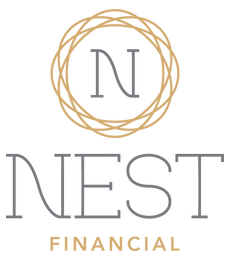
This week at Nest we wanted to tackle a question that we get often – what is the difference between SIPC and FDIC? So, buckle up! We’re about to dive into the exciting world of SIPC and FDIC. These two government-backed organizations are like the superheroes of the financial world, but they’ve got different powers, you dig?
SIPC, aka Securities Investor Protection Corporation:
- This bad boy swoops in to save customers of member brokerage firms when things go south. (Protects customers of member brokerage firms in case the firm fails.)
- It’s got your back when it comes to securities, like stocks and bonds, and cash you’ve got at the brokerage for buying those sweet, sweet securities. (Covers securities, such as stocks and bonds, and cash held at the brokerage for the purpose of purchasing securities.)
- But hold up! SIPC ain’t gonna save you from losses due to market ups and downs or crappy investment decisions. (Does not protect against losses due to market fluctuations or bad investment decisions.)
- You get coverage up to $500,000 per customer, but there’s a limit of $250,000 for cash claims.
FDIC, or Federal Deposit Insurance Corporation:
- This superhero protects depositors when insured banks bite the dust. (Protects depositors of insured banks in case the bank fails.)
- It covers the basics: checking accounts, savings accounts, money market accounts, and certificates of deposit (CDs).
- Like SIPC, FDIC won’t save you from losses in the stock market or other investment screw-ups.
- You’re covered up to $250,000 per depositor, per insured bank, for each account ownership category.
So, there you have it. SIPC and FDIC are like the Batman and Superman of the financial world, keeping your securities and bank deposits safe, respectively. But remember, they ain’t gonna save you from bad investment choices or market rollercoasters.
Creating an optimal financial planning strategy that works for you depends on a number of factors as well as your personal or business goals.

